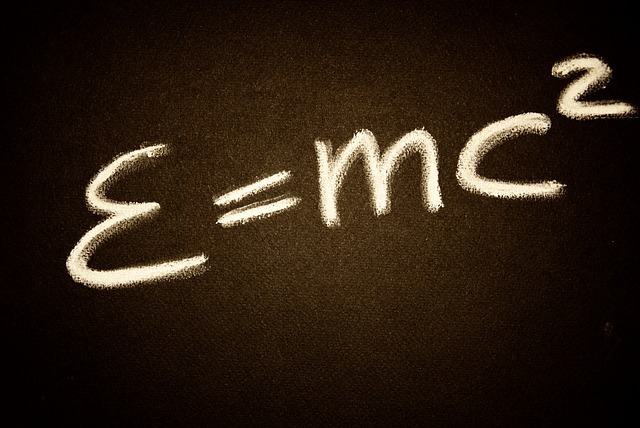Review of The Math Myth: And Other STEM Delusions, By Andrew Hacker (The New Press, 2016), 240 pp.; $17.30: ISBN-10: 1620970686, ISBN-13: 978-1620970683
I believe it is safe to say the United States has run off the rails of realistic, intelligent training of its young people in mathematics, especially in algebra and calculus, while missing the great need for becoming well-trained in general numeracy, the science of simple numbers, and in statistics that now impact everyday life.
The U.S. education system uses mathematics as a bar for students to jump over to get admitted into an exclusive college or to make a particular profession appear sophisticated, even if the training is unnecessary. The field has been ruled by teachers more interested in impressing us with their importance than in offering useful skills, and the terrible, one-size-fits-all Common Core education standards being adopted across the nation are compounding the problem.
One of the greatest errors made by Common Core proponents and others who advocate for greater federal control of the nation’s education system is the push for and reform of the science, technology, engineering, and mathematics (STEM) curriculum. So-called education experts say the nation needs its entire school population to be highly trained in mathematics for the country to survive, and that without a greater emphasis on math and science, American students will fall even further behind the rest of the world.
Coming forward to refute this claim and show its deleterious effects on our high school and college students is Andrew Hacker and his book The Math Myth. Hacker the problem with requiring all students, even those with no interest or aptitude for it, to take high-level math courses, and he demonstrates the importance of promoting a more beneficial type of math standards.
A Disservice to Students
The Math Myth persuasively debunks assertions about the practical value of requiring all students to master high-level math. Hacker makes a strong case America’s uncritical demand for advanced math does a disservice to students and institutions alike. For instance, the majority of college students will never need to understand quadratic equations for their future jobs or even to obtain a high-level college degree, so why are they asked to spend inordinate amounts of time studying that subject?
Hacker also says there appears to be an overemphasis on math at top-tier colleges as well. Hacker notes the top-ranked universities in the country—Harvard, Princeton, and Yale—want near-perfect SAT math scores among three quarters of the students they admit. Dartmouth, Duke, and Stanford have only slightly less rigorous entrance requirements, demanding a score of at least 680.
By making exceptionally high math skills an essential standard by which to measure applicants, Hacker says the nation’s top colleges are missing out on other brilliant students who excel in other academic disciplines.
Hacker writes, “Students who show promise in art history or post-modern criticism won’t even have their applications opened if they faltered in geometry.”
Have U.S. educators been discouraging people who would have made good doctors, lawyers, or even welders by making them prove themselves to be experts at irrelevant math tasks?
The National Merit Scholar program is largely dependent on math skills, giving little weight to talent in the arts, sociology, or political science, Hacker notes.
Once a high school student is accepted into college, he or she is often required to take at least three years of mathematics, including those students with majors in fields that have little or nothing to do with science or math.
Hacker explain contrary to educators’ drive to educate more students in STEM, there is a significant lack of jobs in these areas. He also says these so-called STEM jobs often require considerably less math training than is commonly believed to be necessary.
With all the emphasis on advanced mathematics, education experts overlook the importance of arithmetic, Hacker explains. What current and prospective employees lack, he says, “is not yet calculus or college algebra, but a plethora of more basic quantitative skills that could be taught in high school, but are not.”
‘Not a Solution’
Hacker’s book is by no means anti-math. He himself is a competent math teacher. His goal is only to draw attention to the overemphasis on a small set of academic disciplines and skills, often at the expense of other, more important ones. Time and effort that might have been devoted to nurturing numerical agility has been given over to asymptotes, rational exponents, and other esoteric topics that only those who choose to major in mathematics in college will ever encounter again.
“This nation has no shortage of problems,” wrote Hacker. “But demanding more mathematics of everyone is not a solution. That said, sharpening our numeric skills could help.”
Hacker concludes that while the study of basic mathematics is valuable, the idea high-level math and intense instruction in the STEM fields is needed and beneficial for all students—a concept widely accepted and practiced in the United States—is simply a myth.
Jay Lehr, Ph.D. ([email protected]) is science director at The Heartland Institute.





